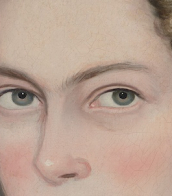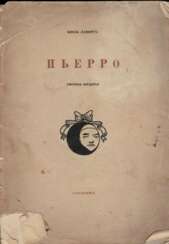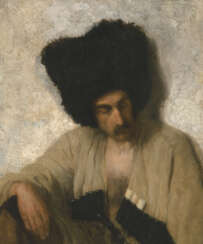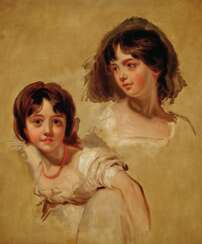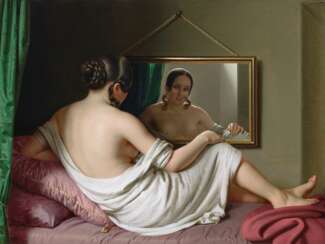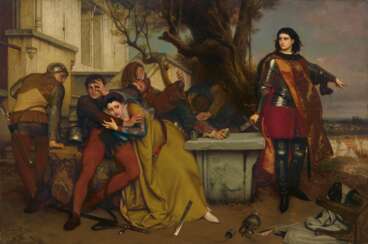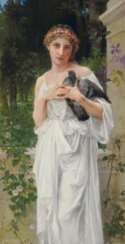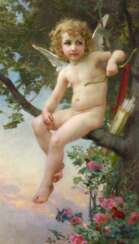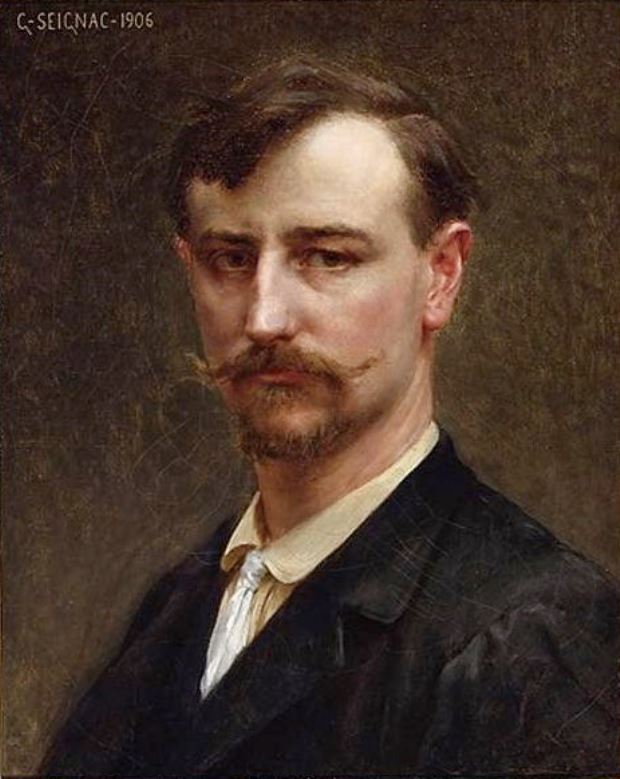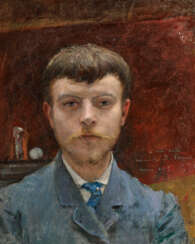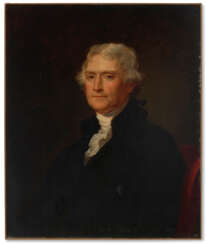академизм
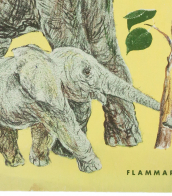
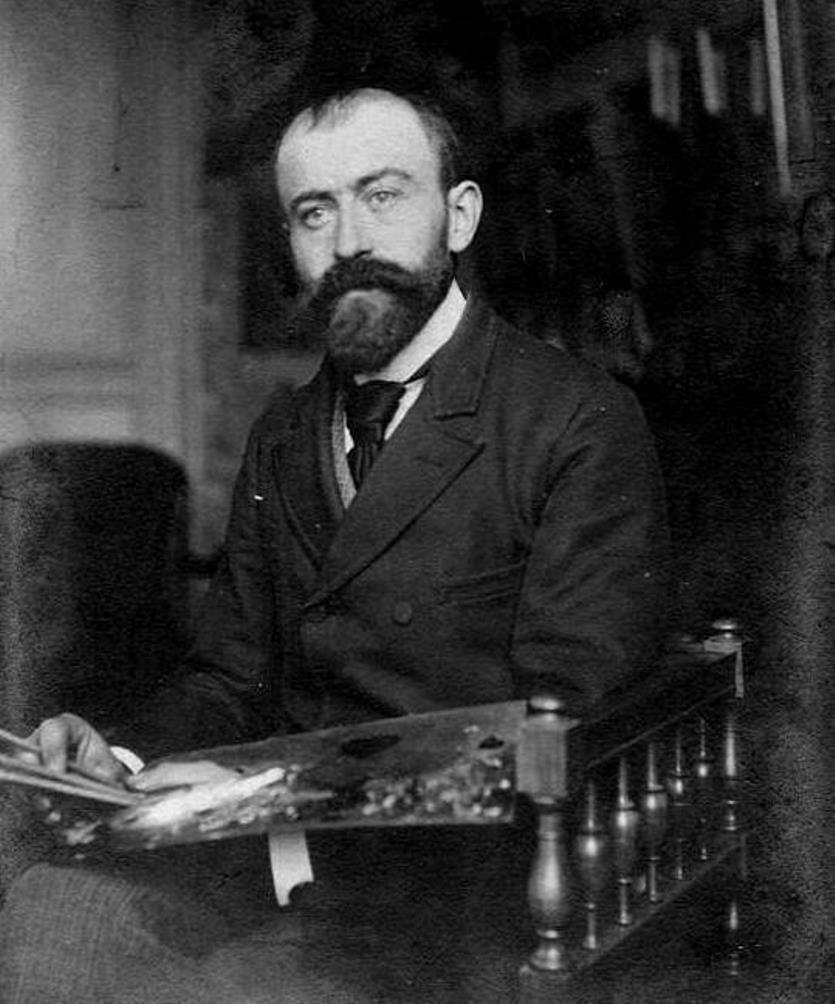
Aleksei Alekseevich Kharlamov (russian: Алексей Алексеевич Харламов) was a Russian artist renowned for his portrait paintings. Born in 1840 in Saratov, Russia, Kharlamov displayed artistic talent from an early age, eventually studying under the guidance of Professor A. T. Markov at the Imperial Academy of Arts. His dedication to art was rewarded with several medals during his academic years, and his piece titled "Baptism of Kiev" earned him a prestigious gold medal in 1866.
Kharlamov spent much of his career in Paris, where he was deeply influenced by Western European artistic movements. His works often featured delicate and finely detailed representations of women and children, capturing the subtleties of expression and mood which became his signature style. Notably, his painting "Young Woman and Child" from 1894 showcases his adept use of light and texture to portray serene domestic scenes, a piece that is currently held in the Bowdoin College Museum of Art.
Throughout his career, Kharlamov was associated with prominent cultural figures such as the novelist Ivan Turgenev, and he participated actively in the Parisian art scene. His portraits were highly sought after, with clients paying substantial sums for his works, reflecting his status as a distinguished portraitist of his time.
For those interested in exploring the works of Aleksei Alekseevich Kharlamov and the rich cultural tapestry of his era, signing up for updates on auctions and events featuring his art can provide valuable insights and opportunities to acquire pieces by this notable artist. Stay informed about the latest sales and exhibitions by subscribing to our newsletter dedicated to Kharlamov’s legacy.
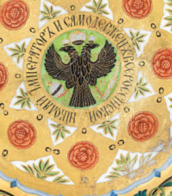
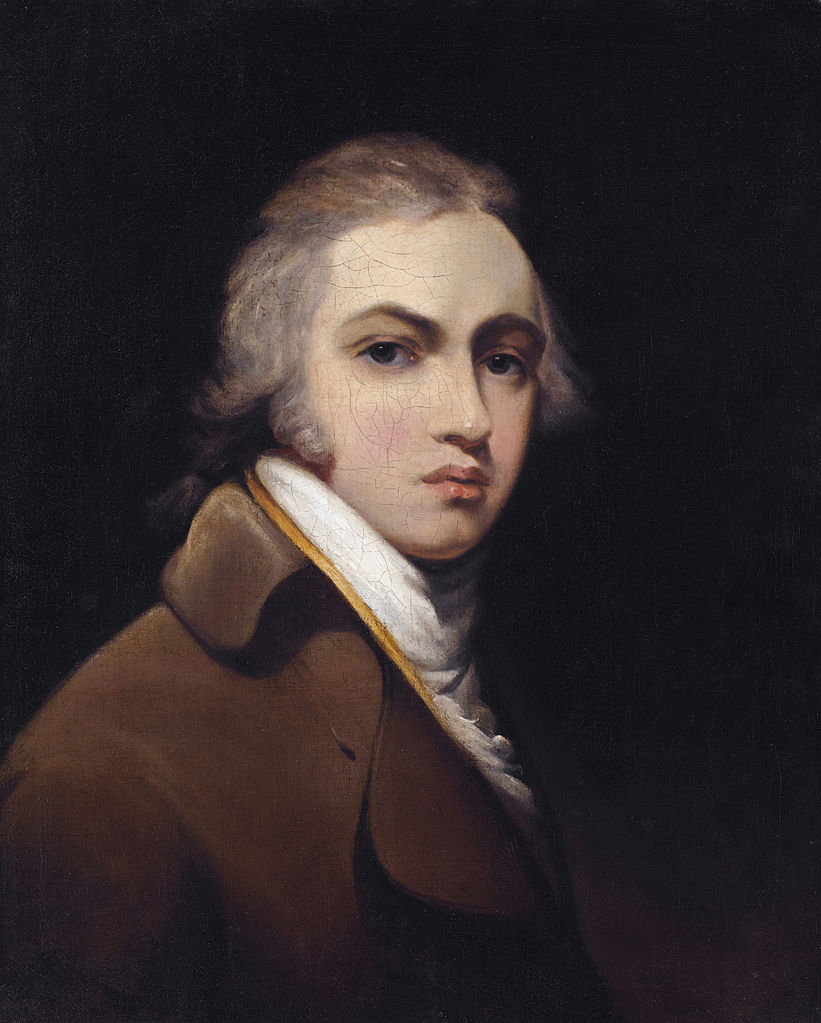
Thomas Lawrence was a prominent English painter, celebrated for his mastery in portraiture, who made a significant mark in the world of art and culture during the late 18th and early 19th centuries. Born in Bristol in 1769, Lawrence was a child prodigy, supporting his family through his artistic talents from a young age. His journey took him to Bath and eventually to London, where he swiftly established himself as a leading portrait artist, capturing the likenesses of society's most influential figures.
Thomas Lawrence's work is renowned for its elegance, capturing the essence and personality of his subjects with remarkable finesse. His ability to portray the delicate nuances of expression and character made his portraits highly sought after by the aristocracy and royalty alike. His commissions included portraits of King George III, Queen Charlotte, and the Prince Regent, as well as numerous other figures from the British and European nobility. Among his notable works are the portraits of Elizabeth Farren, soon to be the Countess of Derby, characterized by its vibrant expression and elegance, and the depiction of actress Sarah Siddons' daughters, which underscored his personal entanglements and the emotional depth he could convey through his art.
Despite his success, Thomas Lawrence's life was not without its challenges. He was perpetually in debt, a situation that puzzled his contemporaries given his tireless work ethic and the absence of any overt extravagance in his lifestyle. Furthermore, his romantic life was complicated, marked by his unfulfilled love for the Siddons sisters, which added a layer of personal tragedy to his story.
Thomas Lawrence's contributions to art were recognized by his election as a full member of the Royal Academy in 1794, and he later served as its president. His legacy is preserved in galleries and collections worldwide, including the National Gallery in London, which houses several of his masterpieces. His portraits of abolitionists and slave-owners alike reflect the complex social fabric of his time, offering a window into the era's cultural and historical context.
For collectors and experts in art and antiques, Thomas Lawrence's works represent not just aesthetic achievements but also valuable historical documents that capture the essence of an era. His portraits are a testament to the power of art to convey both the external likeness and the inner soul of the subject.
For those interested in the intersection of art, history, and culture, and who wish to stay informed about new discoveries, sales, and auction events related to Thomas Lawrence's work, signing up for updates is an invaluable resource. This ensures that enthusiasts and collectors alike remain at the forefront of developments in the world of art and antiques related to this illustrious painter.
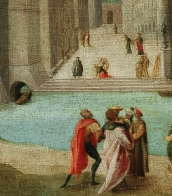
Henryк Siemiradzki (Russian: Генрих Ипполитович Семирадский) was a Polish-born Russian painter of the second half of the 19th century. He is known as a master of historical and religious genres. Siemiradzki is most famous for his large-scale paintings on ancient and biblical subjects.
Henryk Siemiradzki was one of the most famous representatives of academism of his time. Despite the criticism of much of the painters in the Russian Empire (particularly the Wanderers), by the late 19th century he had become one of the most respected masters of European classical painting. He was recognized as a full member of the Academies of Arts of Rome (where he spent most of his artistic life), Berlin, Stockholm, Paris and Turin, and at international exhibitions the artist's work constantly received the highest awards.
In addition to painting, the painter spent a lot of time on decorative painting, creating murals and large-scale panels for palaces and temples. In particular, he was one of the authors of the mural of the Cathedral of Christ the Savior in Moscow.
The best masterpieces of Siemiradzki's work are now kept in museums in Russia, Ukraine and Poland.
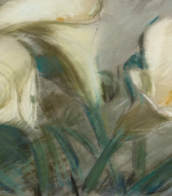
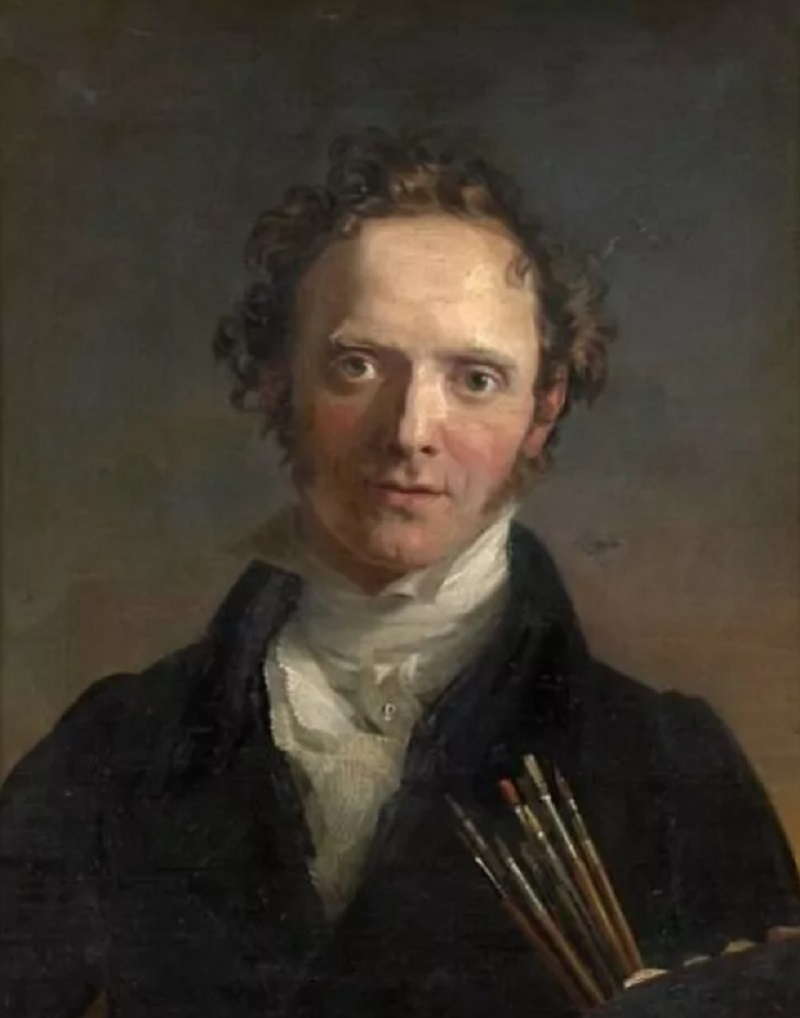
George Dawe was an English portrait artist, celebrated for his depictions of Russian military leaders. Born in 1781 in London, Dawe was a prodigy in engraving under his father's tutelage before shifting his focus to painting. He gained recognition at the Royal Academy of Arts and became a member in 1814.
Dawe's career reached international prominence when he moved to Saint Petersburg in 1819, following a commission from Tsar Alexander I. There, he created over 300 portraits for the Military Gallery at the Winter Palace, capturing the visages of Russia's elite during Napoleon's invasion. His works, praised for their historical value and artistic merit, are still displayed in the Hermitage Museum today.
Despite his death in 1829, Dawe's legacy persists, particularly in Russia, where he is regarded as a key figure in military portraiture. His works remain a significant part of cultural exhibitions and continue to attract scholars and art enthusiasts.
If you're fascinated by the rich history of art and the stories behind iconic portraits, consider signing up for updates on George Dawe. Stay informed about new sales and auction events that feature his masterful works. Your subscription will keep you connected to the world of historical art and its vibrant market.
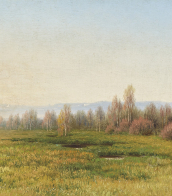
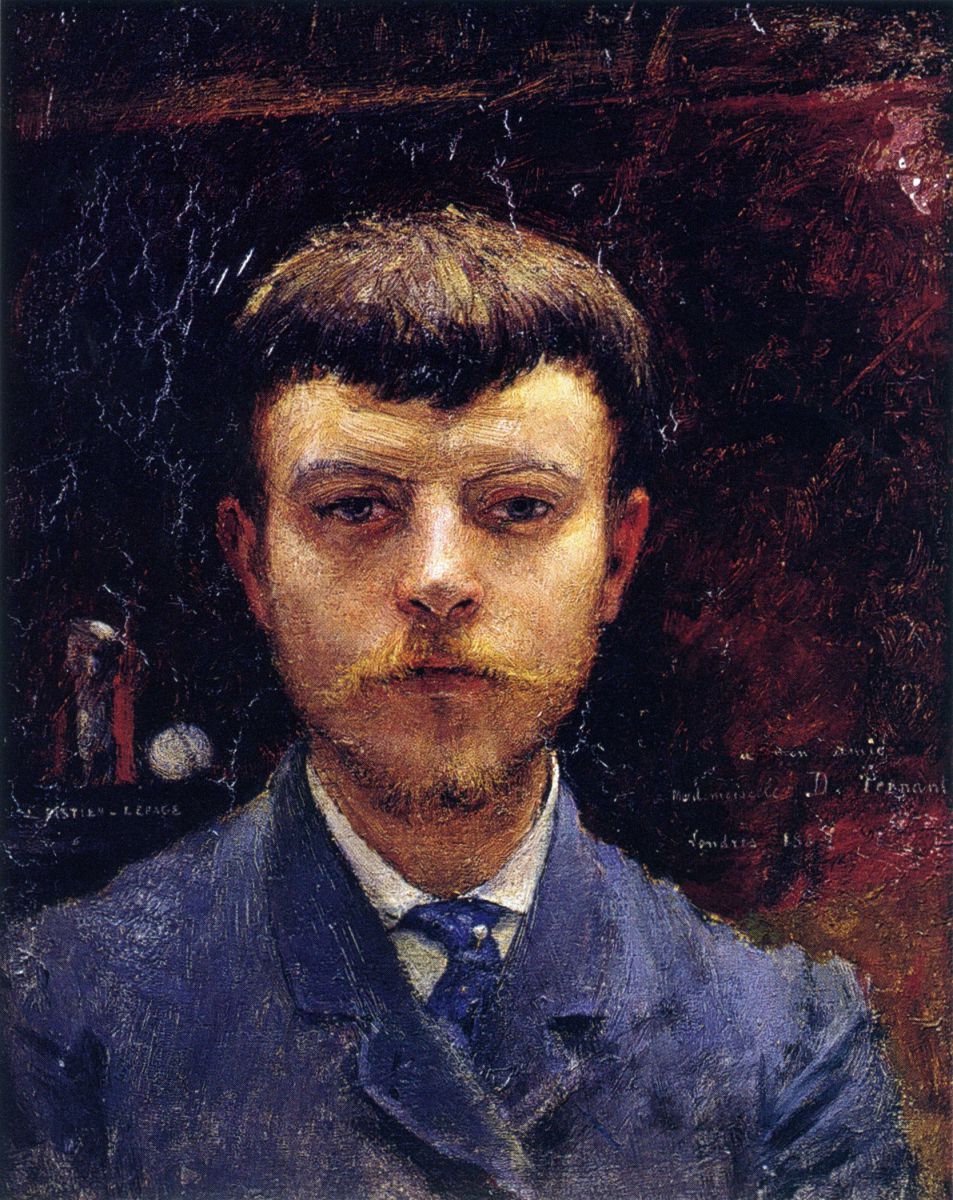
Jules Bastien-Lepage was a French painter closely associated with the beginning of naturalism, an artistic style that emerged from the later phase of the Realist movement.
His most famous work is his landscape-style portrait of Joan of Arc which currently resides at the Metropolitan Museum in New York City.
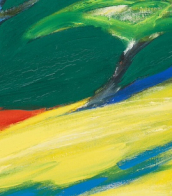
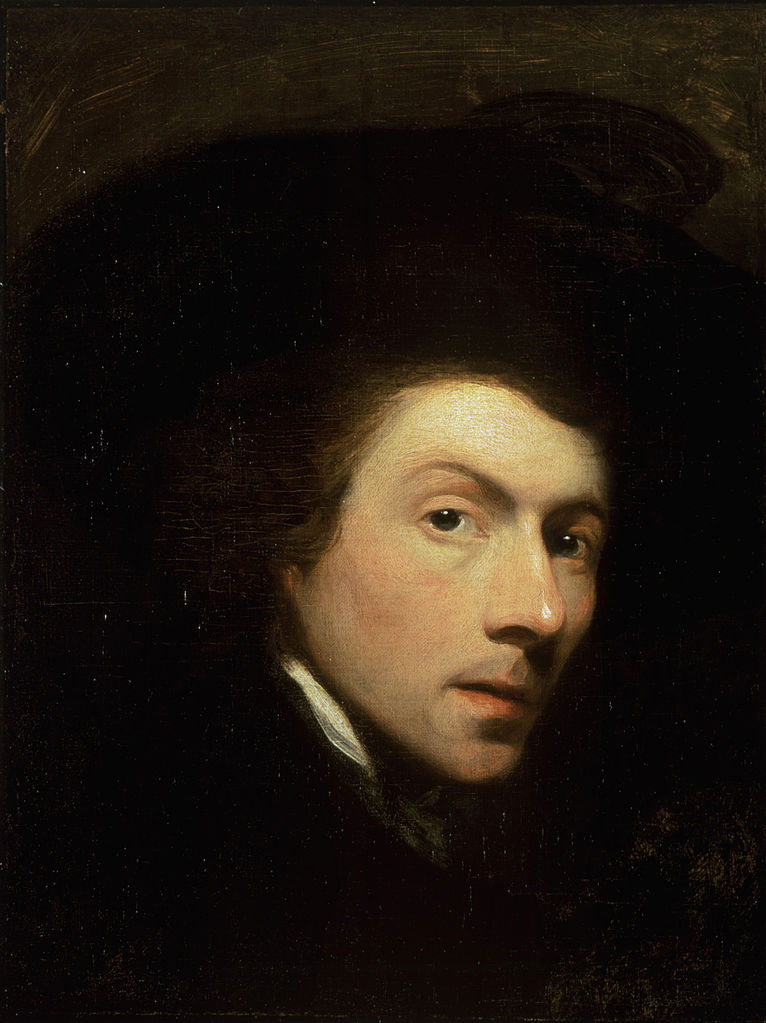
Gilbert Charles Stuart was an American painter from Rhode Island Colony who is widely considered one of America's foremost portraitists. His best-known work is an unfinished portrait of George Washington, begun in 1796, which is sometimes referred to as the Athenaeum Portrait. Stuart retained the portrait and used it to paint scores of copies that were commissioned by patrons in America and abroad. The image of George Washington featured in the painting has appeared on the United States one-dollar bill for more than a century and on various postage stamps of the 19th century and early 20th century.
Stuart produced portraits of more than 1,000 people, including the first six Presidents. His work can be found today at art museums throughout the United States and the United Kingdom, including the Metropolitan Museum of Art and Frick Collection in New York City, the National Gallery of Art in Washington, D.C., the Philadelphia Museum of Art in Philadelphia, the National Portrait Gallery in London, Worcester Art Museum in Worcester, Massachusetts, and the Boston Museum of Fine Arts.
